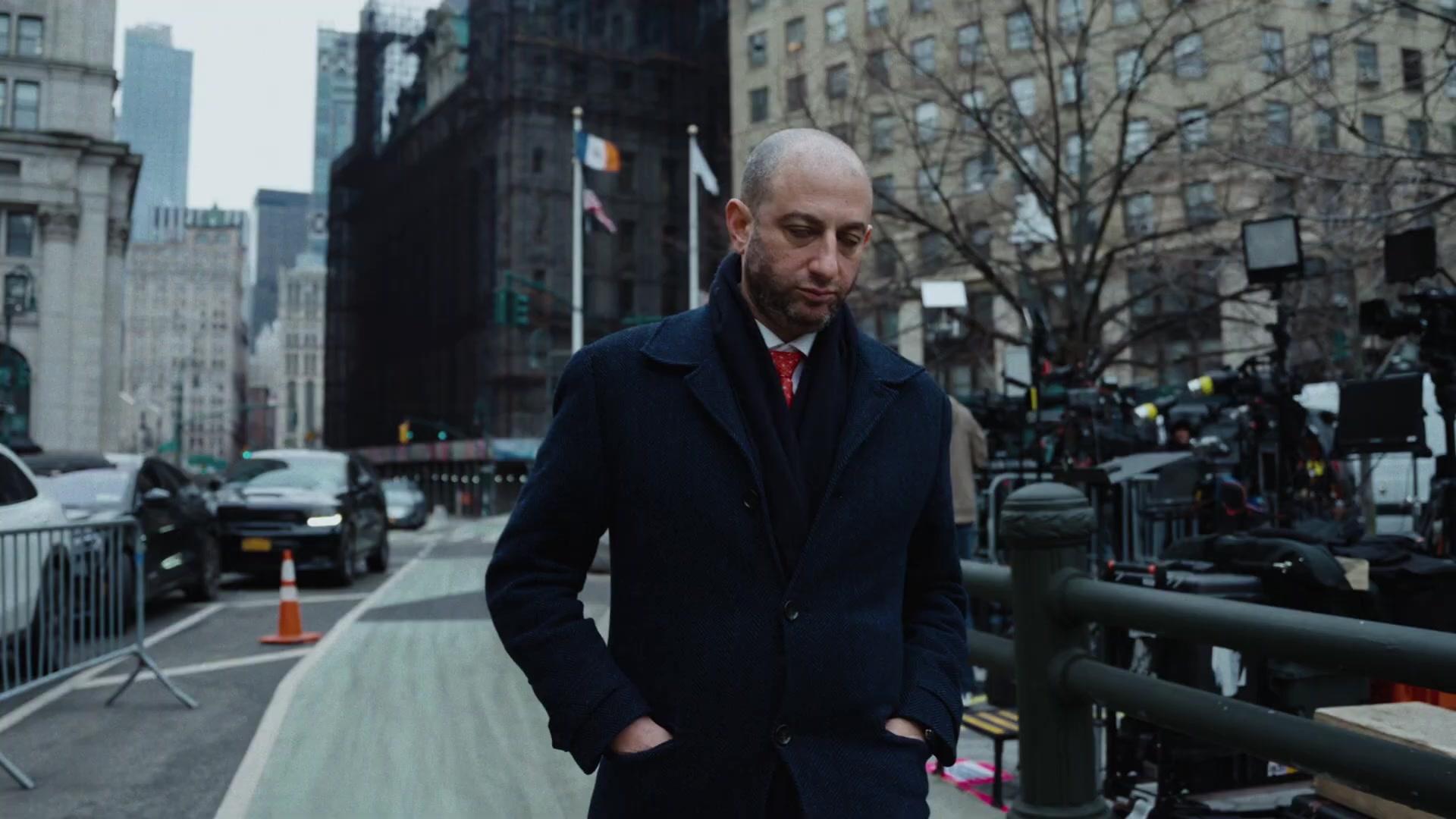First-degree charges
Sale of drugs in the first degree in New York can happen in two ways: First, a person can sell one or more narcotic drugs or mixtures of narcotic drugs weighing two ounces or more. Second, a person can sell 2,880 milligrams or more of methadone. If a person sells a different controlled substance or a narcotic substance in lesser amounts, or has a glass bong/glass pipe, or an illegal THC E liquid the offense is a lesser degree charge. A first-degree conviction is a class A-I felony. A conviction for an A-I felony brings a sentence of many years in prison. The exact sentence depends on a number of factors, but a typical sentence can be as much as 25 years.Preparing for your defense
When you're facing charge as severe as a first-degree criminal sale of a controlled substance charge, it's important to take the matter seriously. A trial date can approach quickly, and there are important things that you need to do in order to prepare your defense. You have the right to a trial by jury, and it's important to exercise that right when you're facing such serious charges.Possible defenses
There are multiple defenses that may be available to you when you're facing a controlled substance charge. The exact defenses you may choose to raise depend on the details in your case. Here are some of the defenses you may want to use:Fourth Amendment Violations
15,000+
Federal Cases Filed Annually
90%
Plea Before Trial
Entrapment
Just like the police can't go around violating people's constitutional rights, they also can't set people up. While they can participate in stings to catch people who are already about to break a law, they can't beg or entice someone to break the law. If they get overzealous or they want to catch someone that they have a personal grudge against, the entrapment defense may be available.Mistake
Perhaps you didn't meant to sell anything to anyone. Law enforcement may not understand what was about to take place or your intentions. To sell a controlled substance, you have to do so knowing what you're doing. Anything less might amount to possession of a controlled substance but not unlawful sale. A mistake can also occur when the police misidentify a substance.Mistaken identity
In some cases, the police can accuse the wrong person. Perhaps someone you know wants to set you up to take the blame for their own actions. A mistaken identity can lead to false charges against you for the sale of a controlled substance.Choosing a course of action

Defense Team Spotlight
Todd Spodek
Lead Attorney & Founder
Featured on Netflix’s “Inventing Anna,” Todd brings decades of experience defending clients in complex criminal cases.
Frequently Asked Questions
No. You have the right to remain silent and the right to an attorney. Invoke both rights immediately and contact Spodek Law Group.
Every case is different. We offer free initial consultations to evaluate your case and discuss our fee structure.
An arraignment is your first court appearance where charges are formally read. You enter a plea and bail may be set. Having an attorney present is critical.








